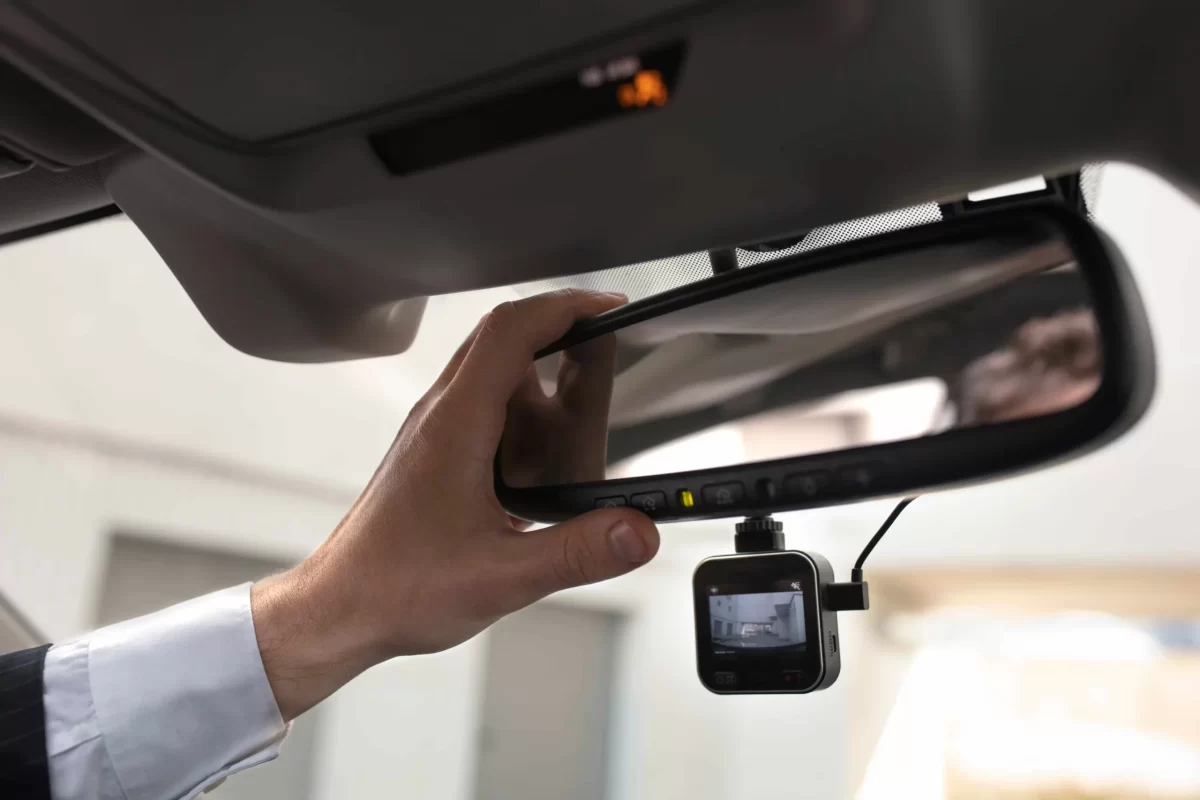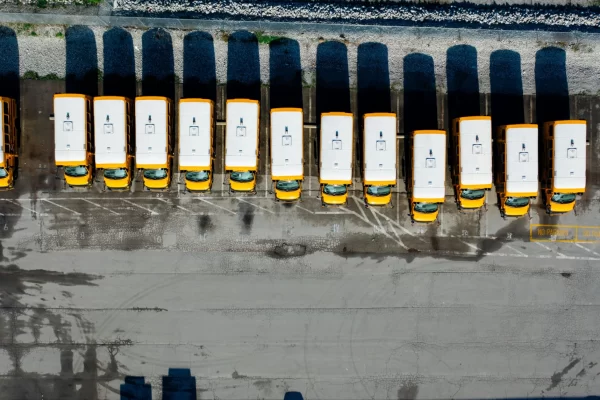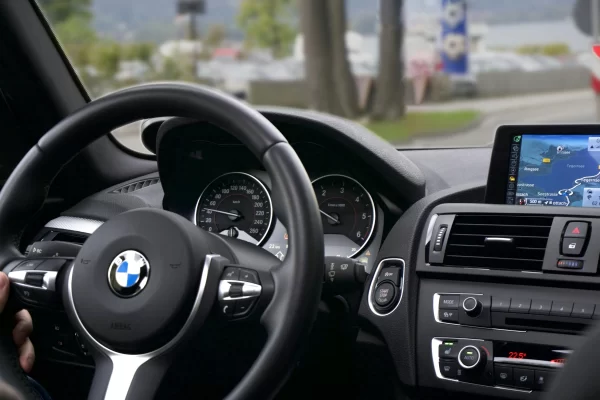Do dash cams lower your insurance premiums? This is a question many fleet owners are asking— and for good reason, because we want to save costs.
The short answer— Dash cams alone rarely trigger instant premium cuts. But they pay off by reducing fraud or false claims, speeding claims, and ensuring that drivers are more responsible . The fleets that win pair cameras with policy, coaching, and metrics—then use that data to negotiate better terms.
TL;DR (At a glance)
- Direct discounts: Rare in the U.S. for standalone dash cams.
- Indirect savings: Fewer at-fault claims, faster settlements, and better driver behaviour can stabilise or reduce premiums over time.
- Why insurers care: Clear video evidence cuts dispute time and fraud risk; some carriers now require dash cams on higher-risk policies.
- Best results: Pair dash cams with coaching + telematics programs and a written safety policy.
Fleet managers are evaluating if installing dash cams in company vehicles could lead to lower insurance premiums for their business. Once considered a novelty, dash cams are now recognized as valuable tools for improving fleet safety and operational efficiency. But the big question remains: do they influence insurance costs?
Let’s explore how integrating dash cam technology into fleet management can impact risk mitigation and insurance costs. We’ll examine if deploying dash cams across your fleet can lead to fewer claims, reduced risks, and potentially lower premiums with your insurance provider.
Why Are Fleets Asking this Question?
Fleet managers want to know if dash cams do more than “feel safe.” The short answer: they often pay for themselves by reducing losses and claim severity, possibly leading to lower premiums even if your insurer doesn’t immediately knock money off your bill.
So, Do Dash Cams Lower Your Insurance?
In the U.S., the immediate impact of dash cams on fleet insurance rates may be limited, but their long-term benefits are substantial. Even though not every insurer gives dash cam insurance discounts for having one, dash cams can help combat insurance fraud and still prevent increased insurance premiums by reducing risks and preventing unnecessary payouts.
In the event of an incident, dash cams provide invaluable evidence to support your case. And while it might not score you lower rates, it could still help sway things in your favor when dealing with car insurance companies.
How Dash Cameras Can Impact Your Car Insurance
Insurance companies are increasingly advocating for businesses to incorporate dash cams into their fleet management strategies as part of comprehensive risk management. While most US insurers won’t knock money off your bill for having a dash cam, there’s a trend where they’ll cut you some slack on premiums if you’ve got one. Some insurers are even requiring dash cams for policy renewals, especially after facing costly nuclear verdicts in accident cases. That shows they’re dead serious about this added layer of protection.
Dash cams offer more than cost savings; they serve as critical tools for documenting incidents and providing video evidence to protect the business during insurance claims. Even if immediate premium reductions aren’t realized, the additional documentation can significantly streamline the claims process, help settle disputes with other drivers, and defend against fraudulent claims while strengthening your position during negotiations with insurers.
What does a dash cam record?
Dash cams offer comprehensive visibility around each vehicle in your fleet, HD recording critical data such as sound, speed, and video. Most are mounted on the front windshield and record both the road and, in some cases, the cabin. Some higher end models come with night vision, live streaming, G-sensor detection for sudden impacts, and even cloud storage for video backup.
Dash cameras continuously record when powered on, with some models offering parking mode features to monitor vehicles even when stationary. If you are ever in an accident, this continuous recording capability may be very important evidence for your insurance company.
Possible Insurance Benefits When You Install a Dash Cam
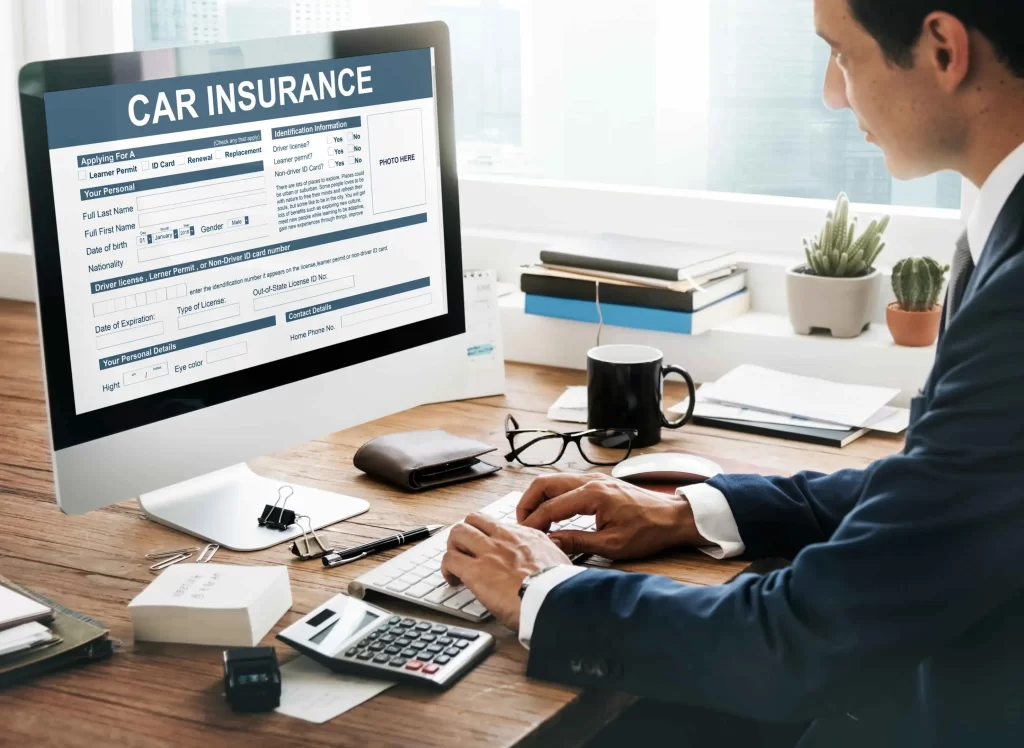
While dash cams may not directly reduce insurance costs, they can still benefit you in various ways, potentially influencing your relationship with an insurance company.
1) Having a record of your car accident
Following an accident involving a fleet vehicle, establishing fault can be complex, often leading to extended claims processes. Without dash cam footage, you rely on verbal accounts, photos, and reports, which can take time to reconcile.
If you have dashcam footage capturing the accident, it can expedite investigations and lead to quicker claim resolutions. Such valuable evidence may also safeguard you from undue fault, though be mindful that footage revealing your actions could impact liability and insurance costs.
2) Fighting insurance fraud
Insurance fraud is a growing concern for fleet operators, presenting significant financial risks even with their drivers. Dash cams offer a solution by providing crucial evidence in staged accidents, potentially saving you from high legal fees. Falling victim to such scams can result in costly legal battles and higher premiums, but having video evidence can clear your name.
If you suspect fraud, involve law enforcement right away and share any relevant footage for police reports. Dash cams are invaluable tools in combating fraudulent claims and safeguarding your financial security while driving.
3) Making you a better driver
Although owning a dash cam doesn’t directly impact car insurance costs, focusing on safer driving habits can. Implementing dash cams across your fleet encourages safer driving practices among employees, potentially leading to lower insurance costs by reducing the risk of accidents and associated costs.
Insurance discounts are often awarded for maintaining a clean driving record—no tickets or accidents. Explore telematics programs via mobile apps for potential insurance savings by monitoring driving habits. Embracing technology and safe driving practices like having AI dash cams save you from high insurance rates but also contributes to improved road safety overall.
4) Acting as a security camera
We all worry about accidents on the road and following traffic laws, but what about those pesky parked car mishaps? It turns out that they are also really common. Fortunately, comprehensive coverage on your vehicle’s insurance usually includes coverage against theft, vandalism, and even unforeseen events like fires or falling tree branches.
This is where things get interesting. A dash cam is capable of recording these situations at the moment, especially if it is configured to record continuously, which will make handling your auto insurance claim much simpler.
Remember, comprehensive coverage is necessary for such claims. Utilizing a dash cam not only enhances security but also potentially lowers insurance premiums by providing reliable dashcam evidence.
Are Dash Cams Worth Buying?
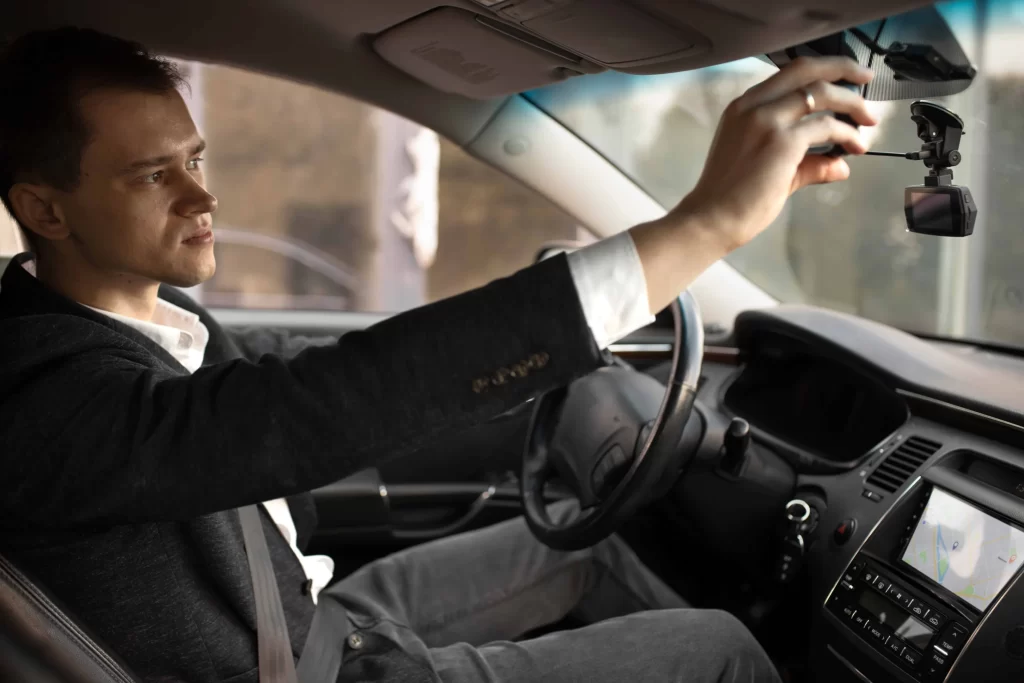
While deploying dash cams across your fleet may not guarantee immediate insurance discounts, the potential advantages can indirectly influence overall insurance costs, helping to avoid higher costs in the long run. Dash cams help combat fraud and promote safer driving habits, potentially leading to reduced premiums and various insurance benefits .
Equipping your fleet with dash cams can streamline the insurance claims process, enhancing your overall risk management strategy. However, it’s essential to recognize potential distractions from dash cams, as adjusting them while driving could divert attention from the road.
The effectiveness of a dashboard camera hinges on your car usage and the camera’s quality. Premium models offer advanced features such as built-in screens, longer battery life, and GPS functionality.
Before buying a dash cam, assess your needs and guarantee proper installation for reliable video evidence in insurance-related incidents. By choosing wisely, you can harness the benefits of your dash cam and potentially secure cost-saving advantages with your car insurance provider.
For expert advice on your fleet dashcam needs, contact Traxxis today.
Frequently Asked Questions
What are dash cams?
Dash cams, also known as dashboard cameras, are clever small devices that you can install on the windshield or dashboard of your automobile to record video events both outside and inside. They function by continually recording while you drive and looping storage of the video on a memory card.
These cameras capture a range of data, including traffic conditions, unexpected incidents, and internal vehicle audio, proving invaluable for fleet management. People use dash cams mainly to stay safe on the road, keep a record of accidents, and have evidence handy for any legal or insurance issues that might pop up.
Do dash cams lower insurance costs?
Dash cam owners often do not receive any kind of insurance discount immediately unless they work with their insurance providers to identify a potential savings or reduction in premium costs for having this technology in place. Dash cams help to reduce the likelihood of accidents if they are setup to notify drivers of risky behaviors (coaching), and though they can be helpful with insurance matters. Something to keep in mind is if dash cam footage shows that you caused an accident, it could make things a bit sticky with your insurance company.
Dash cams significantly expedite the claims process by providing clear and irrefutable evidence. Just remember to think about both the good and bad sides of using one. They can be a big help for insurance purposes, but they might not change how much you pay.
Are dashboard cameras legal?
In the United States, dash cams are legal, though state regulations about them may differ. Regulations about the location and maximum size of dash cams vary from state to state. Even using a dash cam won’t directly lower your insurance costs, it will make processing claims much quicker.
Just make sure to follow the rules in your state and use your dash cam responsibly. That way, you can stay safe on the road and deal with insurance stuff more easily. It’s all about knowing the rules and using your dash cam to protect yourself while driving.
Which dash cams are approved by insurance companies?
Dash cams aren’t tied to insurance discounts, so there’s no official list of models approved by insurers. If you’re thinking about getting one, it’s wise to reach out to your insurance company for advice. While they might not have a specific endorsement, they could share some helpful tips based on their claims-handling experience.
By chatting with your insurer, you can make sure your dash cam choice fits smoothly with their processes, potentially making claims easier if needed. Ultimately, picking a dash cam that suits your needs and aligns with your insurer’s requirements offers peace of mind on the road, regardless of any potential discounts.
How much do dash cameras cost?
The price range for dash cams in the US varies widely, reflecting the diverse features and quality levels suitable for different business needs. You’ll spot entry-level ones at $100, covering the basics. You can get reasonably priced devices with GPS and Wi-Fi that fall between $200 and $300. Premium models with features like parking mode and 4K resolution can go up to $500 for those looking for the finest of the best. But keep in mind that the construction quality, features, and brand all affect the final price. Finding the ideal balance between your needs and your willingness to pay is key.
Do you have to tell insurance about a dash cam in your car?
There is no legal requirement to inform your insurance company about dash cams installed in your fleet vehicles, though it’s advisable to discuss the potential benefits and implications with your insurer. However, some experts advise waiting until you have video footage to use in a car accident claim before mentioning it. Dash cams are handy for recording incidents on the road, but consider if the benefits outweigh the chance of your insurer taking a closer look. If you spill the beans about your dash cam, it boils down to your situation and how comfortable you are dealing with insurance stuff.
Can having a dash cam help lower insurance premiums?
Insurance companies in the United States are starting to offer dash cam discounts. Dash cams are essential for speeding the processing of insurance claims and precisely determining fault, enhancing your insurance experience but they may not directly reduce your premium unless your insurance company offers a discount or is open to adjusting your cost if you are safer on the roads.
Having a dash cam can benefit you with your insurance company, even if you don’t see instant savings. It improves the process of handling claims, much like having an additional safety net. Purchasing a dash cam is still a smart decision in the long run, even if it doesn’t save you money immediately.

